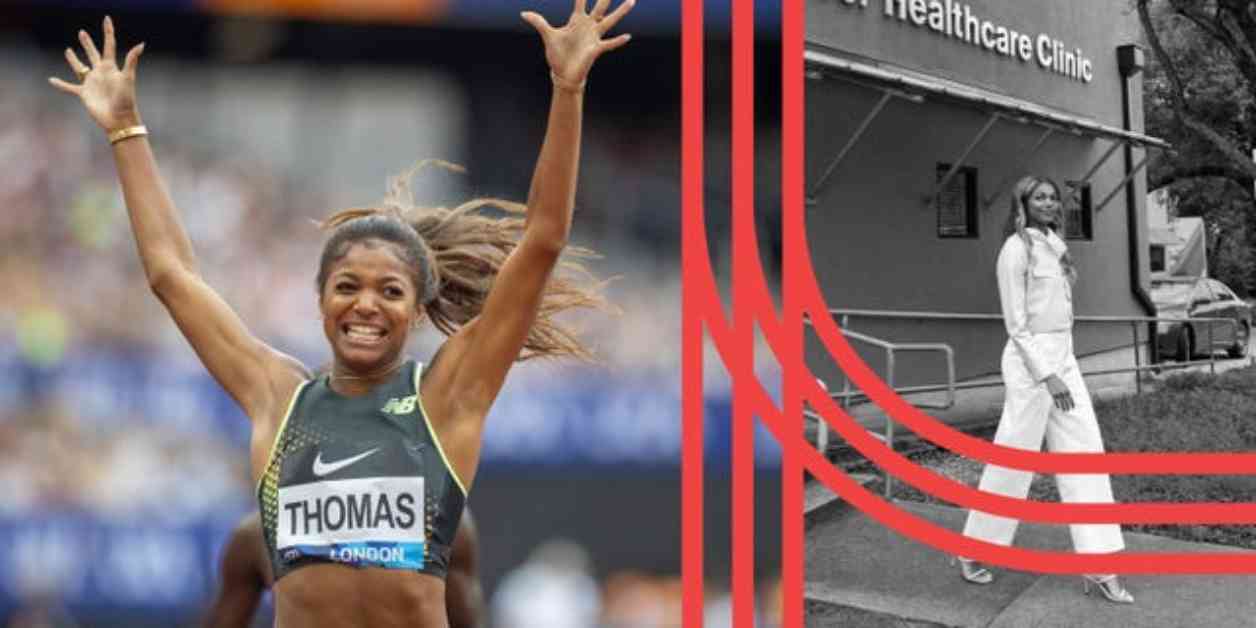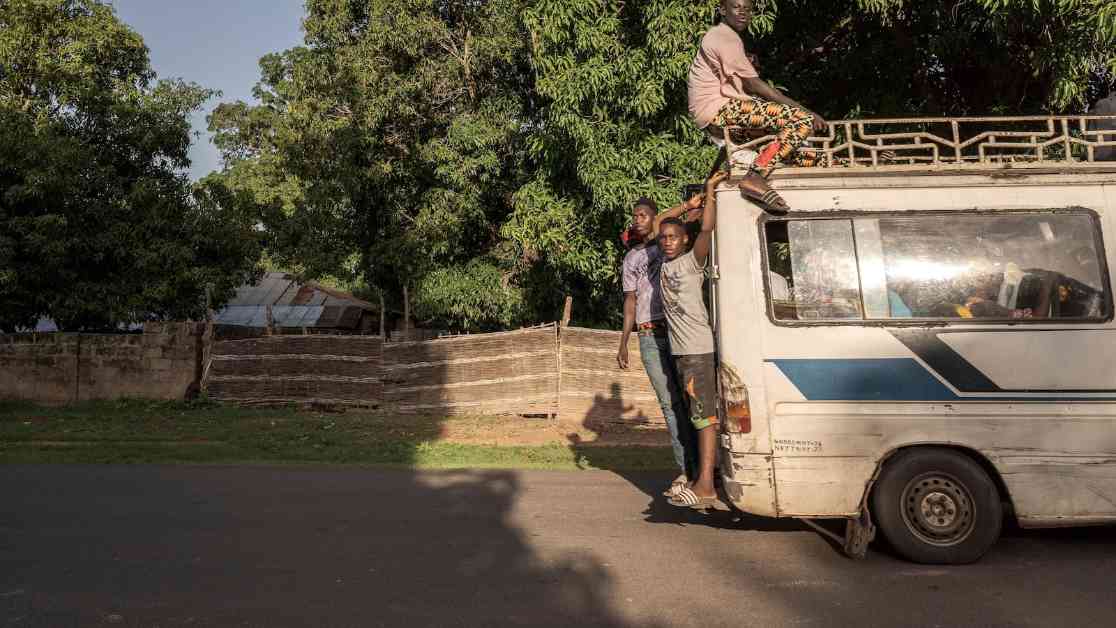The 592 athletes on Team USA are true experts in their respective sports, dedicating countless hours to training and perfecting their skills. However, many of these athletes do not stop there. In addition to their rigorous training schedules, they often take on side hustles and second careers to support their athletic dreams.
It is not uncommon for elite athletes to pursue other ventures outside of sports, but for Olympic athletes, especially women, these additional sources of income are often a necessity. Many athletes in less commercially popular sports find themselves needing to work other jobs to support their athletic careers. Maggie Steffens, a professional water polo player and three-time gold-winning Olympian, shed light on this reality in a recent Instagram post.
In her post, Steffens highlighted the fact that many of her teammates are not only champions in their sport but also teachers, business owners, coaches, and more. She emphasized the financial challenges that most Olympians face, with many needing second or even third jobs to support their athletic pursuits. The post went viral, drawing attention to the financial struggles of female athletes and prompting support from unexpected sources like rapper Flavor Flav.
The financial reality of being an Olympian, especially for female athletes, is a pressing issue. Women in professional sports often face significant pay discrepancies compared to their male counterparts. This disparity has sparked conversations about the need for equal pay and financial support for female athletes. Many athletes, like professional rugby player Ilona Maher, are already thinking about their post-sports careers and taking steps to ensure they have options beyond their athletic endeavors.
For athletes like Napheesa Collier, the pursuit of pay equity is not just about personal financial gain but also about creating a better future for the next generation of athletes. Collier, along with her fellow athletes, is actively working towards creating opportunities that provide fair compensation and support for women in sports.
Apart from financial considerations, many athletes engage in side hustles and second careers to develop a sense of identity beyond their athletic achievements. These endeavors allow athletes like Gabby Thomas and Nia Akins to explore other passions and interests, providing a much-needed balance to their lives. These pursuits not only offer a mental break from the pressures of competitive sports but also contribute to personal growth and fulfillment.
Ultimately, the stories of these Olympic athletes underscore the resilience, dedication, and entrepreneurial spirit required to succeed in the world of sports. As these athletes navigate the challenges of balancing multiple careers and pursuing their dreams, they inspire others to work towards a future where sports careers are financially viable and sustainable in the long term.

















